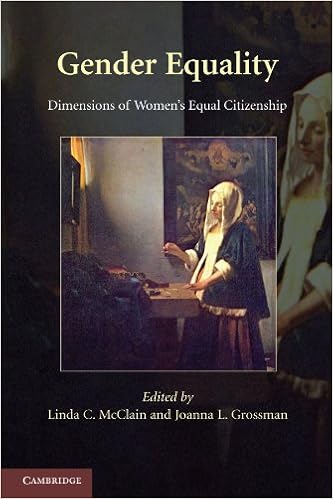Although the pa renting rights of people in same-sex couples have generally been on the rise—particularly in the wake of the Supreme Court’s 2015 ruling in Obergefell v. Hodges and the legalization nationwide of marriage by same-sex couples. But a recent opinion from the Idaho Supreme Court, Doe v. Doe, is a reminder that the rights of lesbian co-parents remain in uncertain, particularly for couples who are not married. This case also illustrates the role the U.S. Constitution plays both in protecting parental rights and allocating them.
renting rights of people in same-sex couples have generally been on the rise—particularly in the wake of the Supreme Court’s 2015 ruling in Obergefell v. Hodges and the legalization nationwide of marriage by same-sex couples. But a recent opinion from the Idaho Supreme Court, Doe v. Doe, is a reminder that the rights of lesbian co-parents remain in uncertain, particularly for couples who are not married. This case also illustrates the role the U.S. Constitution plays both in protecting parental rights and allocating them.
In the Idaho case, two women, known only as “Jane Doe” and “Jane Doe I” were in a non-marital, romantic relationship for four years before agreeing to start a family using an anonymous donor. Jane Doe I conceived and gave birth to a child, raised jointly with Jane Doe. The court quickly relabels Jane Doe I as “Mother” and Jane Doe as “Partner,” presaging its legal conclusion that only one of these women—Mother—has rights to the child they jointly planned for and raised. According to the court, without the consent of “Mother,” “Partner” has no right to maintain a relationship with the child.

 In
In 



